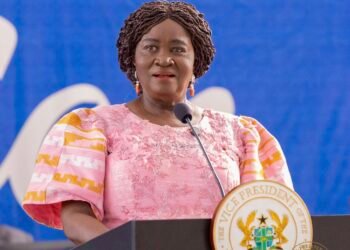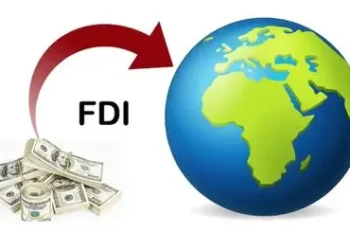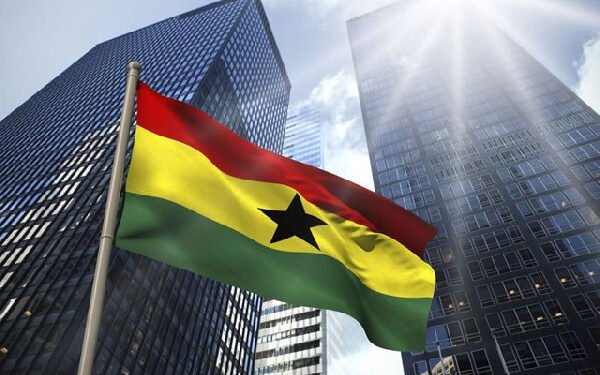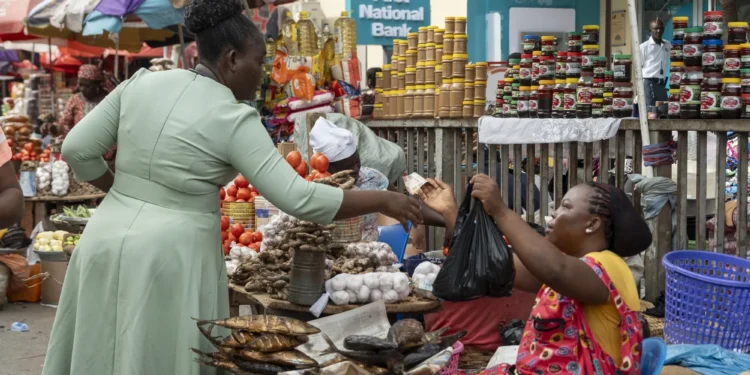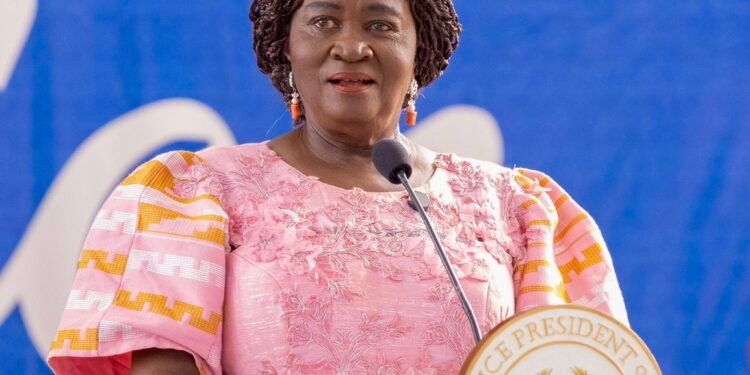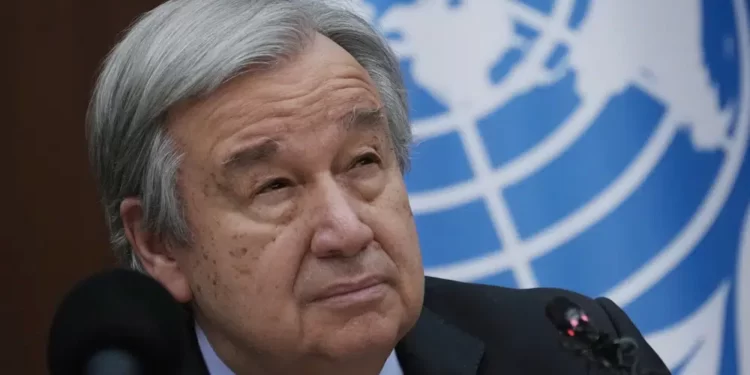The latest survey by Global InfoAnalytics has revealed widespread approval for President John Dramani Mahama’s leadership, with the majority of voters in every region—including the traditionally opposition-leaning Ashanti Region—saying Ghana is headed in the right direction.
The September 2025 findings form part of the research group’s third-quarter tracking poll, which assessed the performance of the eight-month-old National Democratic Congress (NDC) administration.
According to the poll, respondents across all 16 regions endorsed the direction of the country under President Mahama, signaling a broad sense of optimism about Ghana’s current trajectory.
The survey also found that the president’s job performance continues to enjoy strong approval ratings nationwide, consistent with previous polls that placed him above 60 percent. This marks a continuation of the goodwill that ushered Mahama into office following the December 2024 elections.
Global InfoAnalytics, led by Executive Director Musa Danquah, attributed much of the administration’s high approval to a combination of economic stability, policy credibility, and visible results in key sectors.
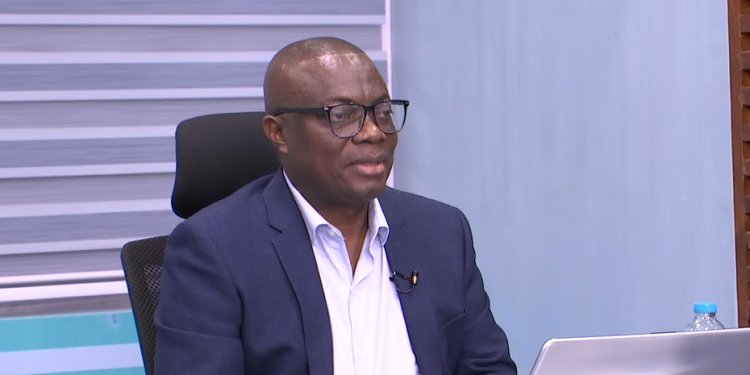
The research group noted that Mahama’s early months in office have been characterized by significant progress on issues that had previously eroded public confidence, such as inflation management and fiscal stability.
Indeed, one of the standout developments shaping voter sentiment is the rapid decline in inflation. After years of persistent double-digit price increases, inflation has fallen faster than projected.
Government data showed that inflation dropped to 11.5 percent in August, down from 12.1 percent in July. This figure not only represents a record pace of decline but also beats the administration’s own target of 11.9 percent by the end of the year.
For many households, the easing of inflationary pressures has translated into more stable prices for goods and services, a factor that appears to have bolstered confidence in the new government.
Ghana’s Positive Global Outlook
The poll also comes on the heels of Ghana’s successful completion of the half-year review of its three-year extended program with the International Monetary Fund (IMF).
The review, which examined the country’s performance under the arrangement, concluded with positive feedback, underscoring Ghana’s adherence to agreed reforms and targets.

The successful outcome has paved the way for continued support from the IMF and other development partners, easing concerns about fiscal discipline and external financing.
International markets have also taken note of Ghana’s progress. Credit rating agency Fitch recently upgraded the country’s outlook, citing improved macroeconomic stability and reform momentum.
This development has not only boosted investor confidence but also sent a positive signal to the broader international community about Ghana’s economic trajectory. In this context, the Global InfoAnalytics poll findings reflect a sense of renewed confidence in national leadership and policy direction.
Importantly, the survey results from the Ashanti Region, which has historically been considered a stronghold of the opposition New Patriotic Party (NPP), indicate that the government’s message and performance are resonating even in areas where political support for the NDC has often been limited.
This is a sign of the administration’s growing national appeal and its ability to cut across traditional partisan divides. While the poll results are encouraging for the government, they also come with the challenge of sustaining momentum. Maintaining high levels of approval will depend on the administration’s ability to consolidate economic gains and deliver on its development promises.
For many citizens, improvements in cost of living, job creation, and access to basic services remain the ultimate test of success. Nonetheless, the survey suggests that Ghanaians are willing to give President Mahama and his team the benefit of the doubt in these early months, largely because of the perception that the government has demonstrated both political will and technical competence in tackling the country’s challenges.
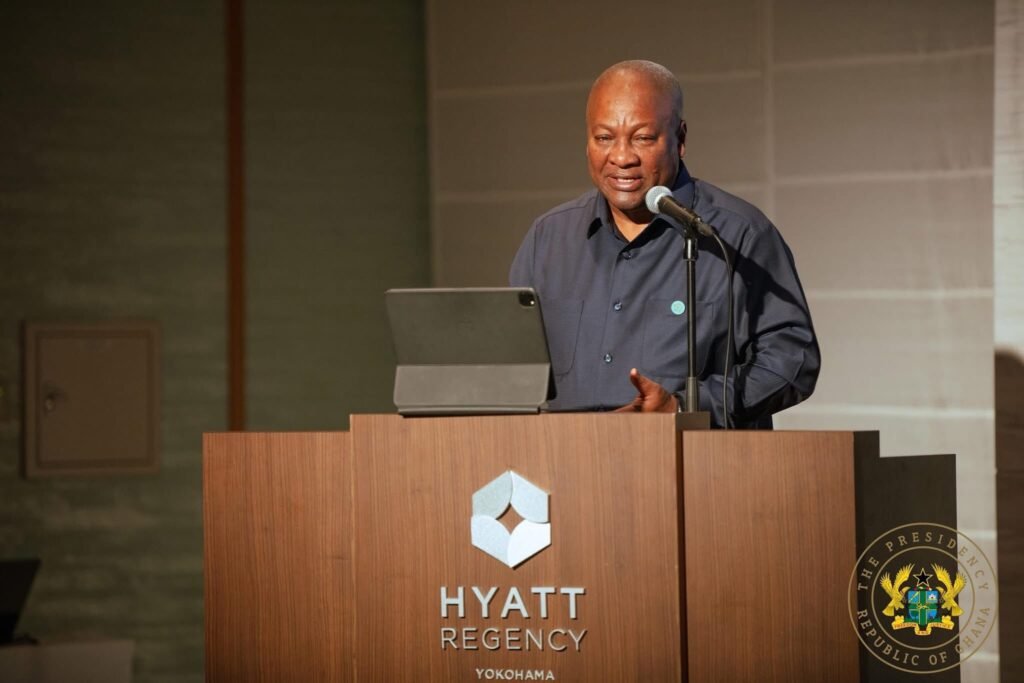
Global InfoAnalytics has noted in its past reports that Mahama’s administration entered office with considerable public goodwill, a factor that has played a significant role in sustaining high approval ratings in its early days.
The group stressed, however, that long-term approval will hinge on consistent delivery, particularly in the face of external risks such as global commodity price volatility and domestic challenges in revenue mobilization.
For now, the September 2025 poll stands as a positive endorsement of the government’s performance. With declining inflation, successful IMF engagement, and improved international credit ratings, Ghanaians appear more optimistic about the direction of the country than they have been in years.
With President Mahama approaching his first full year in office, the survey findings provide a snapshot of a government that has managed to quickly stabilize the economy, restore confidence, and earn approval across regional and partisan lines.
Whether this momentum can be maintained over the course of the administration will depend on its ability to deepen reforms, manage expectations, and ensure that the benefits of stability are broadly felt across society.
READ ALSO: Ghana’s Oil Earnings Dip, Risk Big Push Infrastructure Drive





